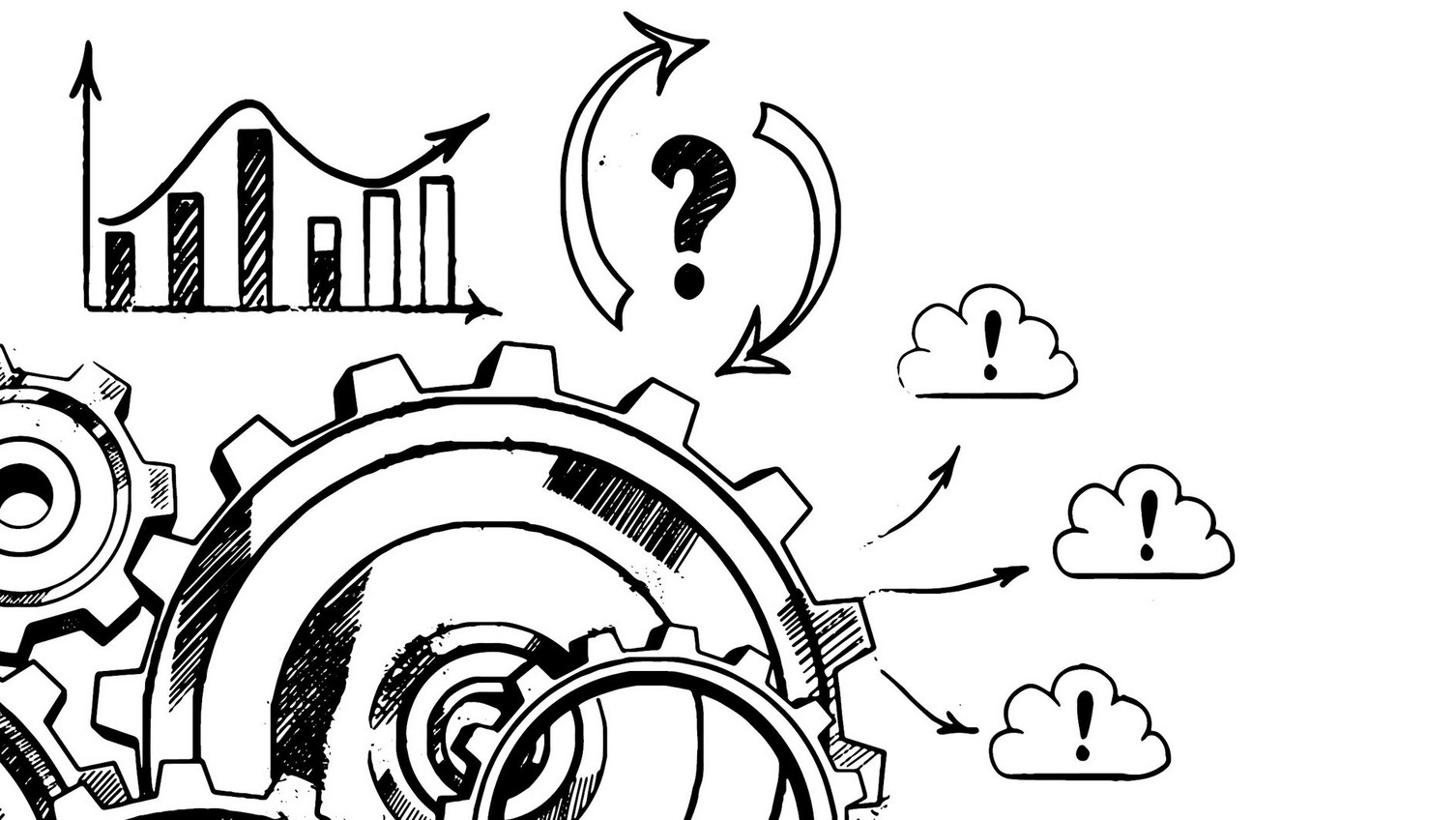Myths of the Circular Economy
2022-07-04 Circular economy is an economic concept in which a product is never entirely discarded as waste, but remains usable over and over again. There are many preconceptions about the circular economy, such as that it is always sustainable or that long-lasting products are bad for business. The new anthology 'Myths of the Circular Economy', edited by Alexa Böckel and others at the Centre for Sustainability Management, with 20 contributions from practice and science, offers some orientation.
When people talk about the Circular Economy, they often think of the end of a product's life, i.e. waste (-avoidance). But the beginning plays at least as important a role: what design should a product or service have? "The concept of the Circular Economy focuses on the entire product life cycle and integrates it into the entire value added network. Accordingly, it attempts to establish a sustainable economic system based on business models that replace the linear throw-away concept," scientists Friederike von Unruh and Julian Mast describe in their article. The fact that circular business models are not automatically sustainable and that a focus on sufficiency is needed in addition to efficiency and consistency strategies is illustrated in a chapter by Laura Beyeler and Alexa Böckel in the open access publication: "If we want a circular economy to make a real contribution to a sustainable economy, we have to keep the absolute reduction of resources in mind and support this with sufficiency measures."
The anthology does not only take general myths into account, but also looks at circular business models and the construction and fashion industries, as well as the role of digital technologies. The myths are vividly refuted with practical examples. Each chapter contains recommendations for action for next steps, making direct implementation in practice possible.
The editors of the anthology have academic and practice backgrounds and, like the authors, have contributed to this project on a voluntary basis. Alexa Böckel is doing her PhD on circular startups at Leuphana University, Jan Quaing is responsible for nachhaltig.digital at the Deutsche Bundesstiftung Umwelt, Ilka Weissbrod is Director for Sustainable Circularity at Indeed Innovation and a former post-doc at Leuphana University, and Julia Böhm organises the Circular Economy Hotspot at Prosperkolleg. In addition, Indeed Innovation has covered the design pro bono and the Bertelsmann Foundation will be funding the printing of one edition.
"We were ourselves looking for a publication that would show doubting and curious practitioners that a sustainable Circular Economy is possible. Since there was none, we wrote and published a book ourselves without further ado," says Alexa Böckel.

